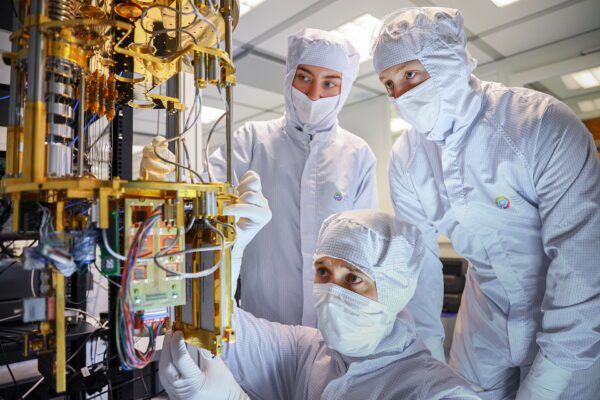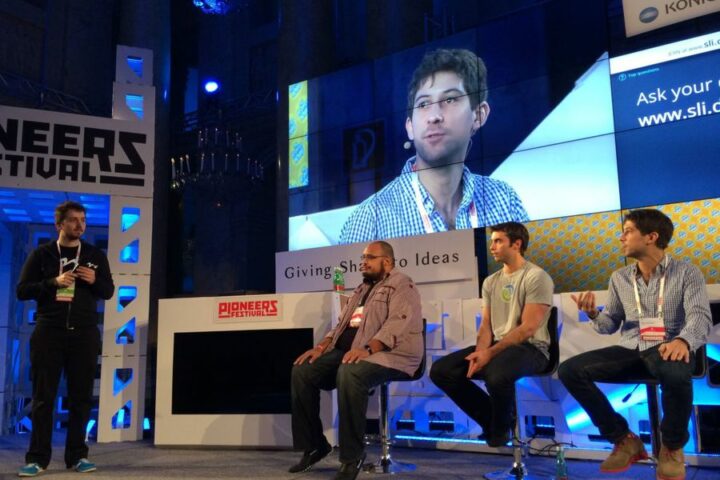Nucleus Genomics, a genetic testing startup, has reportedly now stirred considerable controversy with the launch of its new product, Nucleus Embryo, which aims to allow parents to select embryos based on various genetic traits.
Founded by Kian Sadeghi, the company initially sought to assess patients’ risks for specific diseases but has increasingly ventured into more contentious territory.
The recent announcement, made via a tweet, stated, “Every parent wants to give their children more than they had. For the first time in human history, Nucleus adds a new tool to that commitment.”
This statement, while ambitious, has ignited widespread criticism, particularly regarding the ethical implications of selecting embryos based on attributes such as sex, height, and even intelligence.
Nucleus Genomics claims that it can employ “polygenic scores” to evaluate complex traits, including cognitive abilities and susceptibility to mental health issues.
While genetic testing of embryos is not new—IVF practitioners have long used it to detect severe genetic disorders—the scope of Nucleus’s offering raises alarm bells.
Critics argue that using polygenic scores in this manner is not only scientifically dubious but also morally fraught.
Experts from the National Human Genome Research Institute have pointed out that polygenic scores primarily indicate the probability of certain traits occurring within populations, rather than providing definitive outcomes for individuals.
This uncertainty is compounded by the fact that medical professionals do not currently use such scores routinely due to the lack of established guidelines and the ongoing refinement of how these scores are generated.
Despite this, Nucleus defends its approach, citing a 2018 study that validated methods for assessing risks associated with five common diseases.
However, the backlash has been swift and severe, with many expressing their horror at the prospect of “designer babies.”
One venture capitalist remarked on social media, “The reality of this just makes me so nauseous,” capturing widespread concern about the ethical boundaries of genetic selection.
The company has previously faced scrutiny for other products, including Nucleus IQ, which purported to measure the genetic influences on intelligence.
Critics had labeled it “bad science and big business,” further complicating Nucleus’s reputation in the biotech space.
As of now, Nucleus is not conducting these embryo tests directly; it is partnering with Genomic Prediction, which collaborates with IVF clinics.
A Genomic official stated that while many parents inquire about intelligence testing, they do not offer such services. Instead, parents can voluntarily upload genetic data to Nucleus if they wish to explore this avenue.
Kian Sadeghi, in promotional materials for the new product, likened the acceptance of genetic optimization to the past stigma surrounding IVF treatments.
He asserted that what was once controversial is now commonplace, suggesting that society must adapt to the evolving landscape of genetic technology.
As Nucleus Genomics navigates this contentious terrain, the ethical implications of its product will likely continue to spark debate, challenging societal perceptions of genetics and parenthood.
[READ MORE: Shares of Tesla Plummet Amid Hostilities Between Musk and Trump]









